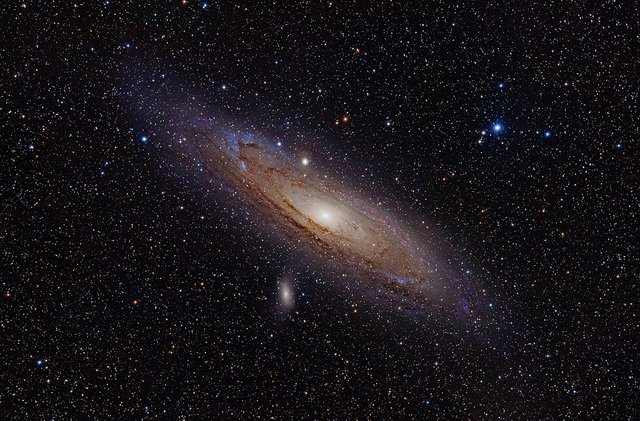The Cosmic Story of Babylonian Civilization

Astronomy was born from the Babylonians. The Babylonians were the first nations in the world to catalog the stars (ca. 1600 BC) and record the movements of planets. From this Babylonian people also inherited the division of the day into 24 hours, every hour to 60 minutes, and every minute to 60 seconds. Around 800 BC their astronomers have been able to determine the position of planets relative to the stars. However, these activities belong only to their high priests, because they are not for scientific purposes but as part of their religious activities in order to determine the feasts associated with farming activities.
The story of the Babylonian cosmic creation is contained in the book Enuma Elish (literally meaning the Heavens above) that tells the creation of the universe. Enuma Elish is derived from the first words in this story.
It is narrated by the creation of the whole world by the god Apsu and his partner Tiamat who later created other gods such as Lahmu, Lahamu, Ansar, Kishar, Ea and so on. Apsu who was disturbed by the presence of his descendants planned to kill him, but the clever Ea thwarted the plan, even he managed to kill Apsu. Angry Tiamat intends to avenge the death of her husband by creating various creatures to kill her children and regain the power Apsu once possessed. These gods then asked for help on the son of Ea named Marduk. Marduk was willing to help, but he demanded that he become their leader. They agreed, arming Marduk with wind and storm, and Tiamat went straight to him.
Marduk blew the wind he carried, causing Tiamat's body to swell, releasing arrows into Tiamat's mouth, and straight through his heart. Then Marduk split Tiamat's body into two, each part being heaven and earth. From the blood of Tiamat's main men named Kingu, Ea and Marduk later created the people of Mesopotamia.
Such was the view of ancient Babylonians in understanding the cosmic story. may be useful.
Best Regard @h4f
Reference :
Gribbin, J. (1986), In Search of the Big Bang: Quantum Physics and Cosmology, Bantam Books
Griffin, D.R. (ed.) (1988), The Reenchanment of Science: Postmodern Proposals, State University of New York Press
Silk, J. (1988), The Big Bang, W.H. Freeman & Co.
Nice article. History is full of ancient civilisation with great knowledge of the cosmos, we should give them more credit for their intelligence.
Congratulations! This post has been upvoted from the communal account, @minnowsupport, by h4f from the Minnow Support Project. It's a witness project run by aggroed, ausbitbank, teamsteem, theprophet0, someguy123, neoxian, followbtcnews, and netuoso. The goal is to help Steemit grow by supporting Minnows. Please find us at the Peace, Abundance, and Liberty Network (PALnet) Discord Channel. It's a completely public and open space to all members of the Steemit community who voluntarily choose to be there.
If you would like to delegate to the Minnow Support Project you can do so by clicking on the following links: 50SP, 100SP, 250SP, 500SP, 1000SP, 5000SP.
Be sure to leave at least 50SP undelegated on your account.
so beautiful post, i love cosmology, philosophy of science and i want to understand the truth of this world.Looking forward to see more posts from you. good luck.